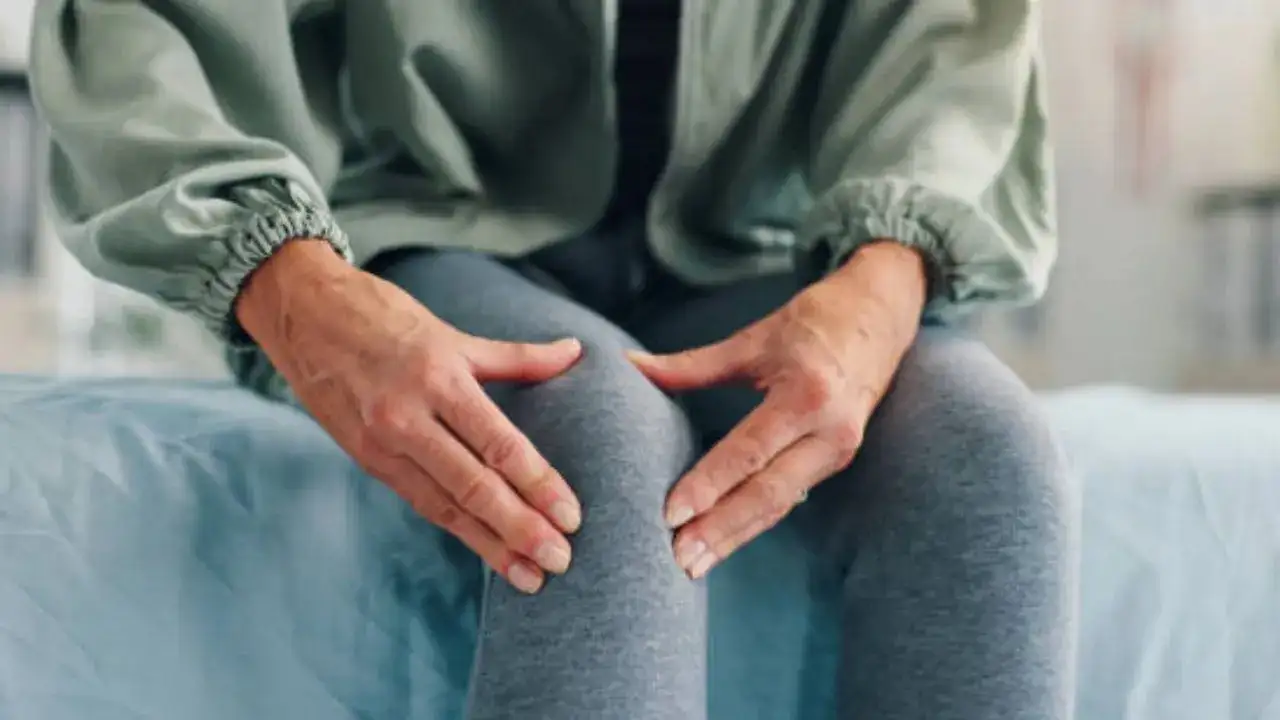
Health Quiz: Which Habit Can Lead To Weaker Bones Over Time? (Image Credits: iStock)
Which Habit Can Lead to Weaker Bones Over Time?
A. Drinking 1 glass of milk daily
B. Daily morning walks in the sun
C. Sitting for long hours without movement
D. Eating leafy greens regularly
Answer: C. Sitting for long hours without movement
Why Sitting Too Much Harms Bone Health
While we often focus on heart health or weight when we talk about sedentary habits, bones are also seriously affected by prolonged inactivity. Bone is a living tissue, and like muscles, it needs regular use to stay strong. If you don’t engage in regular weight-bearing activity, your bones start to weaken over time.
This can eventually increase the risk of osteopenia (early bone loss) or osteoporosis, especially as you age. Even those in their 30s and 40s are not immune if their lifestyle is largely sedentary.
Other Sneaky Habits That Weaken Bones
- Too Much Caffeine
More than 3–4 cups of coffee a day can interfere with calcium absorption. Caffeine in high doses promotes calcium loss through urine. Moderation is key — pair your coffee with calcium-rich food when possible.
- Skipping the Sun
Vitamin D, which is activated by sunlight, helps your body absorb calcium efficiently. People who spend little time outdoors or wear heavy sunscreen at all times may end up with low vitamin D levels, even if they eat well.
- Low Protein Intake
Bones aren’t just made of minerals — they have collagen too. Inadequate protein intake can weaken the bone matrix. Aim for moderate, high-quality protein from dairy, legumes, nuts, and lean meats.
- Crash Dieting
Yo-yo dieting or extreme calorie restriction affects hormone levels and bone turnover. Bone loss can be a hidden side effect of chronic dieting.
How to Keep Your Bones Strong
Move more: Weight-bearing exercises like walking, dancing, or strength training stimulate bone remodelling.
